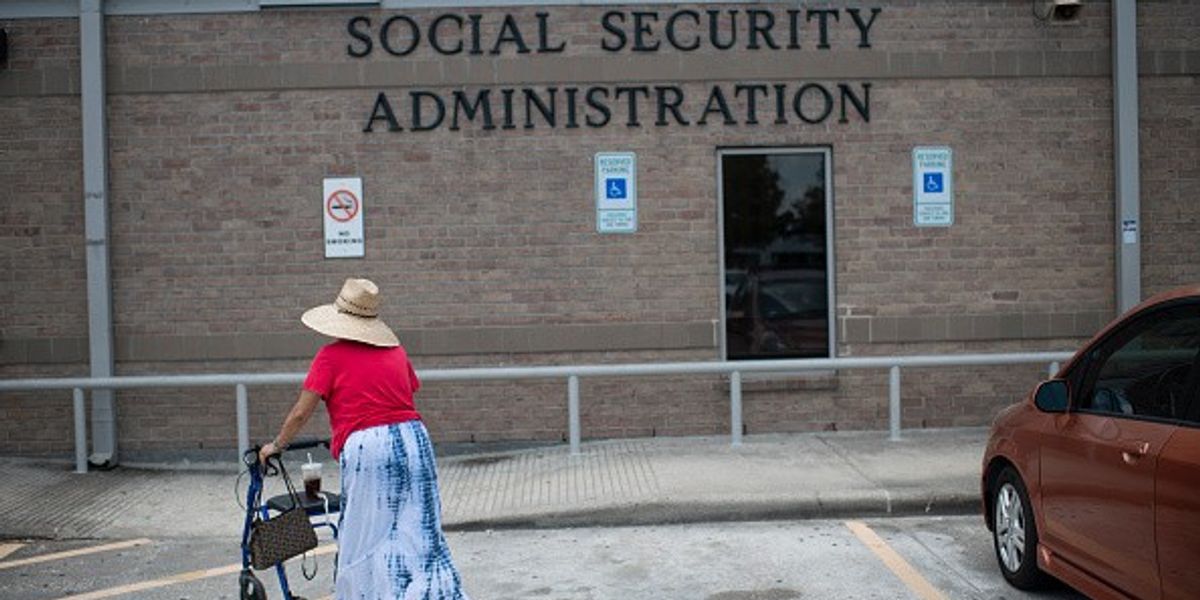
The Crumbling Foundation: How Systemic Undermining Threatens Social Security
For decades, Social Security has served as a vital safety net for millions of Americans, a promise kept after a lifetime of contributions. However, recent actions and proposed policies paint a concerning picture – a deliberate erosion of the system, making it increasingly difficult for beneficiaries to access their rightfully earned benefits. The implications are far-reaching and potentially catastrophic for our nation’s most vulnerable citizens.
One of the most insidious tactics employed is the gradual dismantling of crucial support systems. Essential services, such as telephone hotlines and in-person assistance programs, are being systematically defunded and diminished. These services are not mere conveniences; they are lifelines for many elderly and disabled individuals who rely on them for crucial information, application assistance, and general support navigating the often complex Social Security system. The reduction in readily available help translates to increased frustration, confusion, and ultimately, a significant barrier to accessing benefits. Those who lack the technological skills or access to reliable internet face insurmountable obstacles, leaving them vulnerable to delays and even the potential loss of their benefits altogether.
Beyond the reduction in support services, there’s a more troubling narrative emerging: a deliberate campaign of misinformation and confusion. Complex regulations and procedures are intentionally made more opaque, increasing the difficulty for beneficiaries to understand their rights and entitlements. This deliberate obfuscation creates an environment of uncertainty and fear, potentially deterring individuals from seeking the benefits they deserve. The result is a growing number of eligible individuals who are either unaware of their entitlements or are too intimidated to navigate the system, leaving them without the financial support they need.
The consequences of this systematic weakening are not merely inconvenient; they are deeply damaging. Many seniors and disabled individuals live on fixed incomes, and even minor delays in receiving their benefits can have devastating impacts. Delayed payments can lead to missed rent, unpaid medical bills, and food insecurity – creating a ripple effect of hardship that impacts not only the individual but also their families and communities. Furthermore, the erosion of trust in the system itself is a significant concern. As more people experience difficulty accessing their benefits, public confidence in Social Security’s ability to fulfill its promises will inevitably decline.
This isn’t simply a matter of bureaucratic inefficiency; the implications point to a larger, more sinister agenda. The systematic dismantling of support services, combined with the creation of a deliberately confusing system, suggests a calculated attempt to undermine public confidence and, ultimately, pave the way for radical changes – changes that could potentially privatize the system and hand its management over to for-profit entities. The ramifications of such a move would be profound, potentially leading to a system geared more towards profit than the well-being of its beneficiaries.
Protecting Social Security is not just about preserving a vital safety net; it’s about upholding a fundamental social contract. It’s a matter of ensuring the well-being of millions of Americans who depend on this system for their survival. We must demand accountability and transparency from those responsible for managing this crucial program, and actively fight against any attempts to dismantle or privatize it. The future of Social Security, and the future of countless individuals who rely on it, hangs in the balance.



Leave a Reply